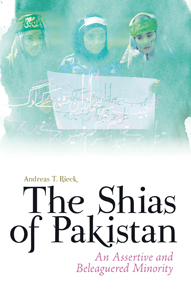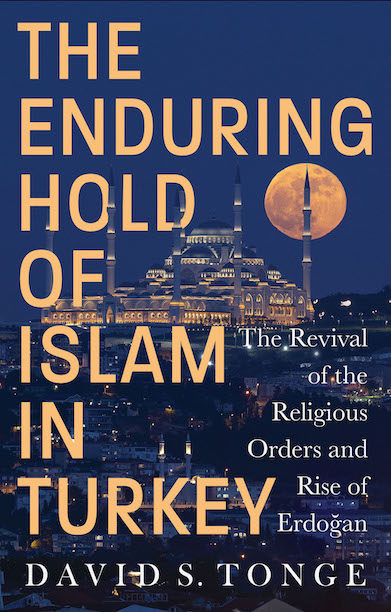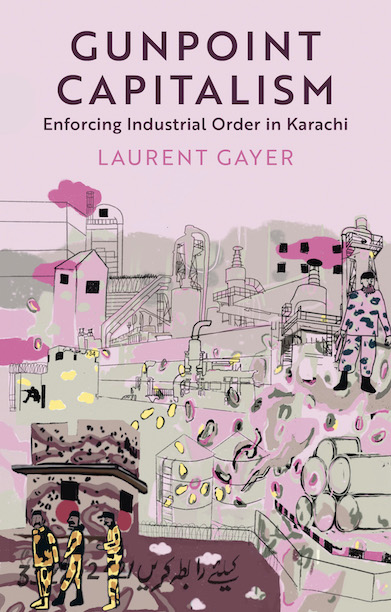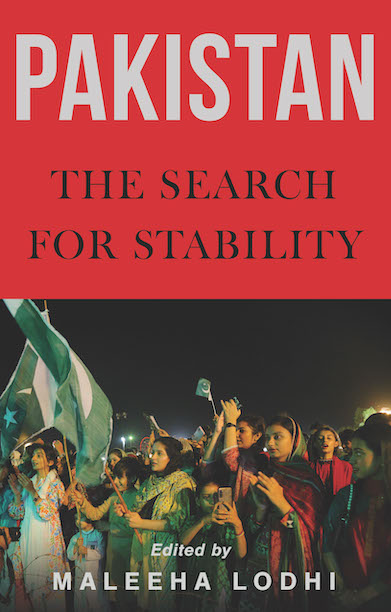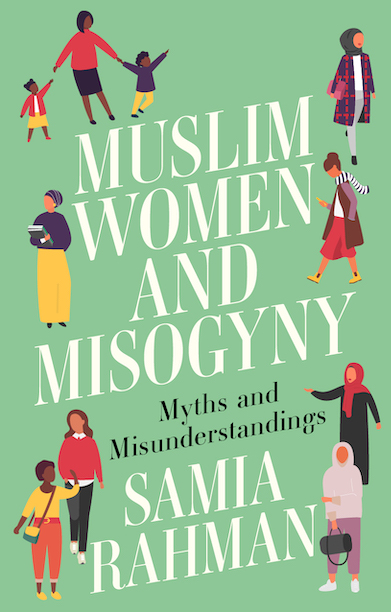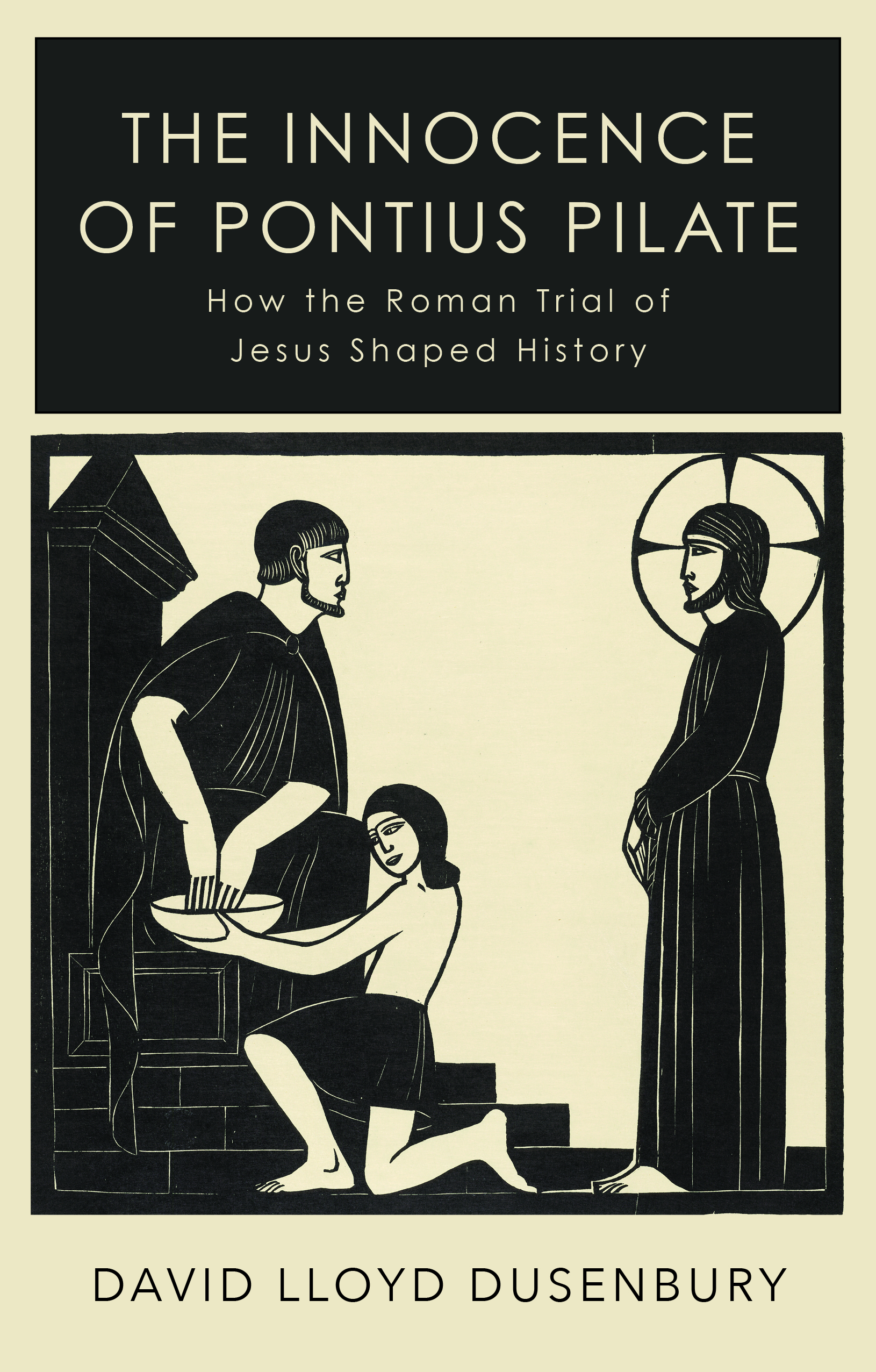The Shias of Pakistan
An Assertive and Beleaguered Minority
As sectarian violence spirals alarmingly in Pakistan the need for a rigorous history of its Shia population is met by Rieck’s definitive account.
Description
The Shias of Pakistan are the world’s second largest Shia community after that of Iran, but comprise only 10-15 per cent of Pakistan’s population. In recent decades Sunni extremists have increasingly targeted them with hate propaganda and terrorism, yet paradoxically Shias have always been fully integrated into all sections of political, professional and social life without suffering any discrimination. In mainstream politics, the Shia-Sunni divide has never been an issue in Pakistan.
Shia politicians in Pakistan have usually downplayed their religious beliefs, but there have always been individuals and groups who emphasised their Shia identity, and who zealously campaigned for equal rights for the Shias wherever and whenever they perceived these to be threatened. Shia ‘ulama’ have been at the forefront of communal activism in Pakistan since 1949, but Shia laymen also participated in such organisations, as they had in pre-partition India.
Based mainly on Urdu sources, Rieck’s book examines, first, the history of Pakistan’s Shias, including their communal organisations, the growth of the Shia ‘ulama’ class, of religious schools and rivalry between ‘orthodox’ ‘ulama’ and popular preachers; second, the outcome of lobbying of successive Pakistan governments by Shia organisations; and third, the Shia-Sunni conflict, which is increasingly virulent due to the state’s failure to combat Sunni extremism.
Table of contents
1. General Historical Background
The spreading of Shi‘ism in North-West India until 1947
Shia-Sunni issues from Mughal times to 1939
The emergence of Shia communalism in British India
2. Shias and the Pakistan Movement
Shia contributions to Muslim political awakening until 1939
From the Lahore Resolution to the establishment of Pakistan
3. Shias in Pakistan until 1958
Communal reorganisation and new internal divisions
The struggle for constitutional safeguards and other Shia demands
Shia ‘ulamâ’ and dînî madâris in the 1950s
Growing resistance against Shia religious ceremonies
The demand for “reserved seats”
4. The Ayub Khan Era, 1958-1968
The impact of martial law and secularism
The 1963 riots and their aftermath
Sayyid Muhammad Dihlavi and his new Shia movement
Conflicts between orthodox ‘ulamâ’ and popular preachers
Towards official acceptance of Shia demands
5. The Yahya Khan and Bhutto Era, 1969-1977
New issues and partial successes in the interim era
The Bhutto government and Shia demands
Divisions among the Shia ‘ulamâ’ at their climax
Re-emergence of the sectarian problem
Decline of the Shia Mutâlabât Movement
6. The Zia-ul-Haqq Era, 1977-1988
The impact of Zia’s Islamisation policy and the Iranian revolution
The TNFJ under Mufti Ja‘far Husain, 1979-1983
Sayyid ‘Arif Husain al-Husaini and the radicalisation of the TNFJ
The challenge of Sunni extremism in the 1980s
7. The Interim Democratic Decade, 1988-1999
From TNFJ to TJP: Return to pragmatism
The sectarian vendetta in the 1990s
Decline of the TJP
8. The Musharraf and Zardari Eras, 2000-2013
Escalating terrorist violence against the Shia minority
The Shias of Kurram Agency under siege
Responses from Shia communal organisations
9. Summary and Conclusion
Glossary
Bibliography
Index
Reviews
‘Rieck’s carefully researched text provides the first thorough history of Shi’i organizations in Pakistan and their relationship with the state. [Rieck’s] punctilious treatment of the primary sources is astounding … [His] unprecedented contribution will probably become a reference book for anyone interested in Shi’i politics and organizations in Pakistan.’ — The Middle East Journal
‘A much-needed overview of the history of Shia organizing in Pakistan … Rieck expertly outlines complicated webs of relationships and provides an unflinching account of the rise of anti-Shia violence.’ — Reading Religion
‘This is the most comprehensive book on the Shias of Pakistan today, not only because of its historical scope, but also because of its detailed study of all the thinkers, leaders and organisations which mattered — including those supporting violent action. Rieck focuses on Pakistan, but he factors in the major role of Iran in the making of Shia militancy. As a result, this remarkable book lays at the interface of the domestic dynamics and the foreign influences.’ — Christophe Jaffrelot, Research Director at CNRS and author of The Pakistan Paradox: Instability and Resistance
‘Building upon a vast array of Urdu sources, this is a meticulous yet passionate foray into the political history of the second largest Shia community in the world. Refuting the idea that Pakistani Shias would constitute an oppressed minority, Rieck demonstrates that they always played a critical role in the country’s social, political and economic life, even as they bore the brunt of religious intolerance and sectarian violence.’ — Laurent Gayer, Research Fellow at CNRS, and author of Karachi: Ordered Disorder and the Struggle for the City
‘The Shias of Pakistan is a most valuable and timely book. Rieck presents a nuanced and historically contextualised study, which examines the cultural and political significance of Shia elites in the formation of the state as well as the structural reasons for the rise in anti-Shia militancy since the late 1980s. Rieck successfully speaks to our understanding of contemporary Shia Islam and anti-Shiism in different parts of the world.’ — Sajjad Rizvi, Director of the Institute of Arab and Islamic Studies, University of Exeter
‘A major contribution to our understanding of today’s Pakistan viewed through the history of one of its most important minority communities, Twelver Shias. Meticulously researched, it provides a thorough historical overview of the spread of Shia Islam to various parts of South Asia and the important influence this group, that has periodically held power in certain quarters, has had on Pakistan. It also provides important insights into the descent into religious extremism in the country. A must read.’ — Anita M. Weiss, University of Oregon, author of Interpreting Islam, Modernity and Women’s Rights in Pakistan
‘With this magnificent study, Andreas Rieck has singlehandedly put Pakistan’s Shia on the map of scholarly inquiry. Skillfully navigating vast Urdu materials, he carefully analyzes the history of the community’s uneasy relationship with the Pakistani state and documents the dramatically changing nature of sectarianism in the country. A truly pioneering work.’ — Simon Wolfgang Fuchs, Princeton University
Author(s)
Andreas T. Rieck has a PhD in Islamic Studies from the University of Hamburg and served with the UN Mission to Afghanistan before spending four years in Pakistan with the Hanns Seidel Foundation. Since 2007 he has been an adviser to the German Federal Criminal Police Office, Berlin.
